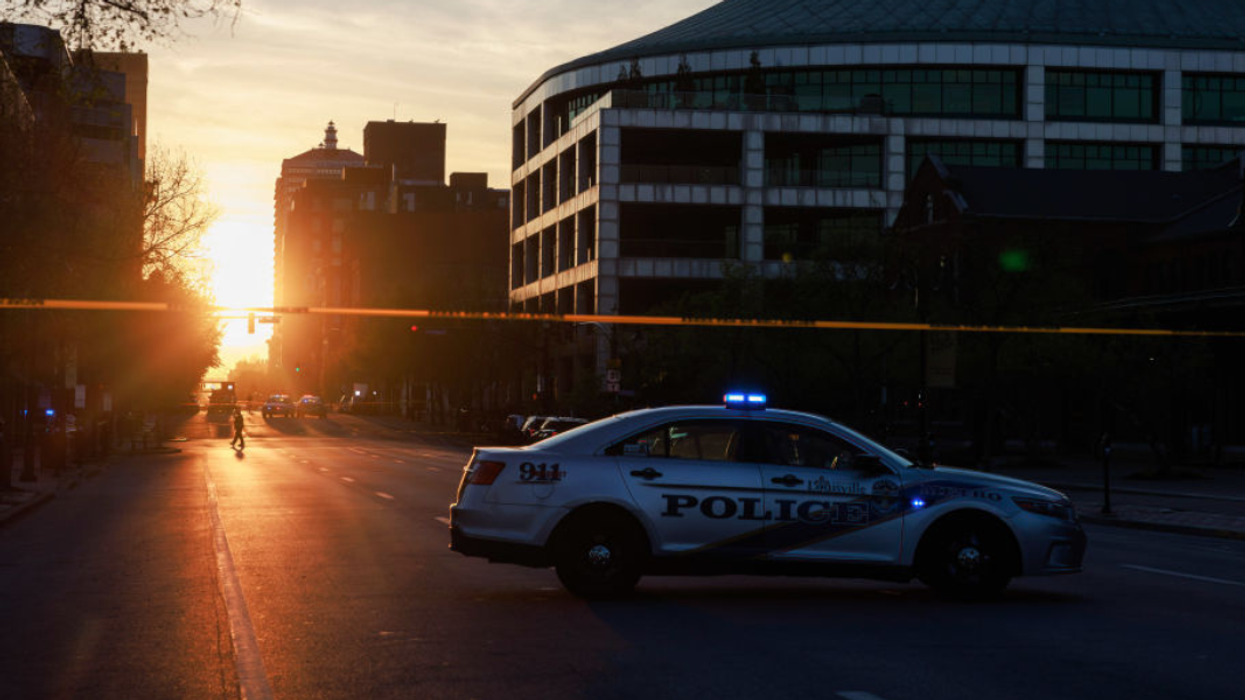Dr. Quentin Holmes, Sr. is assistant professor of public administration for Grambling State University and a retired Chief of Police in Monroe, LA. Dr. Nina Agrawal, MD FAAP is a pediatrician and chair of the American Medical Women’s Association Gun Violence Solutions Committee. Jasmine Hull is a former educational administrator and has launched K-12 charter schools in multiple states across the US.
Gun violence is a national crisis. Daily shootings have become the norm. Mass shootings are on the rise. Because gun related violence is now a leading cause of death for children and young adults, today’s youth are known as the lockdown generation. This is not typical of a developed nation.
With a perpetual gridlock in Congress, it raises the question: is there anything that can be done to reduce or eliminate gun violence in America?
This critical question is precisely what drew us together - a New York pediatrician, a retired police chief from Louisiana, and a Texas based K-12 administrator. Together, with a diverse panel of other medical, educational, political, and social science experts, we met over a series of discussions with the sole goal of finding shared solutions.
By examining the issue through multiple lenses, and leveraging the use of Deliberations.US, a tool designed to build civic education and engagement muscles through guided deliberations, we have developed a live, guided conversation showing different perspectives on, and different potential actions to take in regards to, reducing gun violence in America. The result is a nation-wide conversation that prioritizes problem-solving over polarization and people over politics.
In a collaboration with both staff and students at Harvard and Stanford, Deliberations.US has been engaging in online and in-person deliberations since 2021. By employing a nonpartisan, unbiased, and factual approach, participants can increase their understanding of complex topics and achieve a deeper understanding of those with differing perspectives. A core component of the Deliberations.US process is targeting issues most meaningful to participants. As more and more students, teachers, and staff were integrated into the deliberation process we continued to ask what topics were real and present to them. Across the board, the most requested conversation was, and continues to be, gun violence. It’s a topic that threatens the health, safety, and economic viability of our entire country and is top of mind for our nation's youngest generation.
A commonly held belief is the only way to address gun violence is by enacting policies that often lack overall consensus. This type of action may temporarily address the impacts and trauma inflicted upon our nation by gun violence, but only for a finite time. Without common ground, any political action to reduce gun violence will constantly be under threat - it may only last as long as it takes to conclude a new election cycle or for a judge to retire. Our government was built upon compromise, but how can there be compromise when lives are on the line?
We can all agree that something must be done to reduce gun violence in this country. However, what we disagree on is how it should be done. Major actions are being taken across the nation, in red and blue states and across party lines, to try and address this crisis. Red flag laws, expanded social services, increased background checks, bolstered research funding, and firearm bans all have champions both for and against their implementation and effectiveness. Some argue that these policies have been successful and need to be scaled up, while others argue they’re ineffective or conflict with citizen’s constitutional rights.
Regardless of where someone stands on these particular issues, we’ve already established a point of common ground: Americans want to see changes in how we address gun violence. History shows us that in order to take meaningful action and affect lasting change we must begin with having difficult conversations, establishing common ground, and building upon a foundation of shared respect and passions.
It’s up to us to unite, in-person and online, to have difficult and civil conversations that will both inform and empower us to take action together. We invite you to join us as we launch our new deliberation, a powerful conversation on “Reducing Gun Violence” in America.
We are holding deliberations as a featured partner of the Listen First Coalition’s National Week of Conversation - a week-long series of events designed to create an open space for bridging divides, rekindling relationships, and having meaningful and impactful conversations. As part of this series, we will be hosting online deliberations throughout the week of April 17. All are welcome to participate.
We invite you to sign up for this conversation and learn more at Deliberations.US.


















Marco Rubio is the only adult left in the room